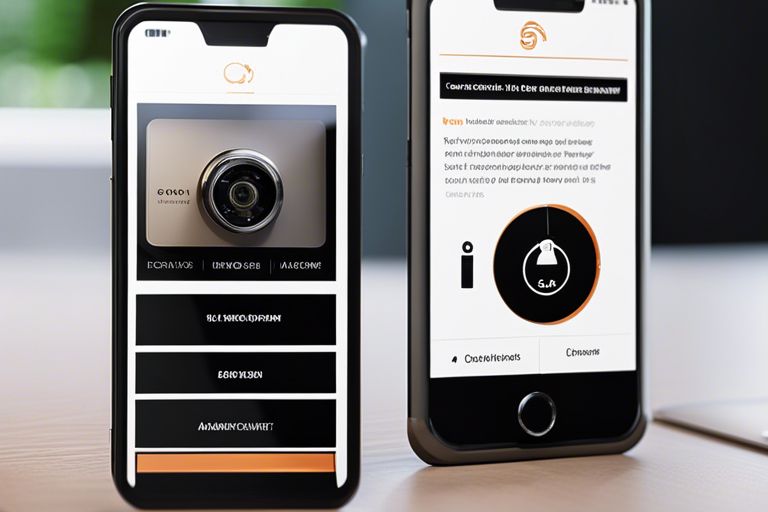In today’s digital age, mobile apps have become integral to our daily lives. Whether for communication, entertainment, or productivity, we rely on mobile apps to make our lives easier and more convenient. However, the need for mobile app security has become more crucial with the increasing use of mobile apps.
Mobile app security refers to the measures and practices taken to protect mobile applications from various threats and vulnerabilities. These threats can range from unauthorized access to sensitive data to installing malware or viruses on users’ devices.
One of the primary reasons mobile app security is essential is to protect app users’ privacy and sensitive information. Mobile apps often require users to provide personal information, such as their names, addresses, and financial details. Without proper security measures in place, this information can be easily accessed by hackers and used for malicious purposes.
Another reason why mobile app security is crucial is to prevent unauthorized access to app functionalities and data. Mobile apps often have features that allow users to perform various actions, such as making payments, accessing personal accounts, or even controlling smart home devices. If these functionalities are not adequately secured, hackers can exploit vulnerabilities in the app to gain unauthorized access and manipulate user data.
Mobile app security is also essential for protecting the reputation and trust of app developers and businesses. A security breach or a compromised app can lead to significant financial losses, damage to brand reputation, and loss of customer trust. With the increasing number of cyberattacks targeting mobile apps, businesses need to prioritize security to ensure the safety and trustworthiness of their apps.
Implementing mobile solid app security measures involves various practices and techniques. One of the critical aspects is secure coding practices, where developers follow strict guidelines and best practices to write secure code. This includes avoiding common vulnerabilities like insufficient data validation, insecure data storage, or weak authentication mechanisms.
Regular security testing and vulnerability assessments are also crucial to identify and fix any weaknesses or vulnerabilities in the app. This can involve conducting penetration testing, code reviews, and security audits to ensure the app is resilient against potential attacks.
Strong authentication and encryption mechanisms can also help protect user data and prevent unauthorized access. This can include features like two-factor authentication, biometric authentication, and encryption of sensitive data both at rest and in transit.
In conclusion, mobile app security is paramount in today’s digital landscape. It protects user privacy and sensitive information and safeguards the reputation and trust of app developers and businesses. By implementing robust security measures, such as secure coding practices, regular testing, and robust authentication mechanisms, app developers can ensure the safety and security of their apps. Ultimately, this will lead to a better user experience and a more secure digital ecosystem.






